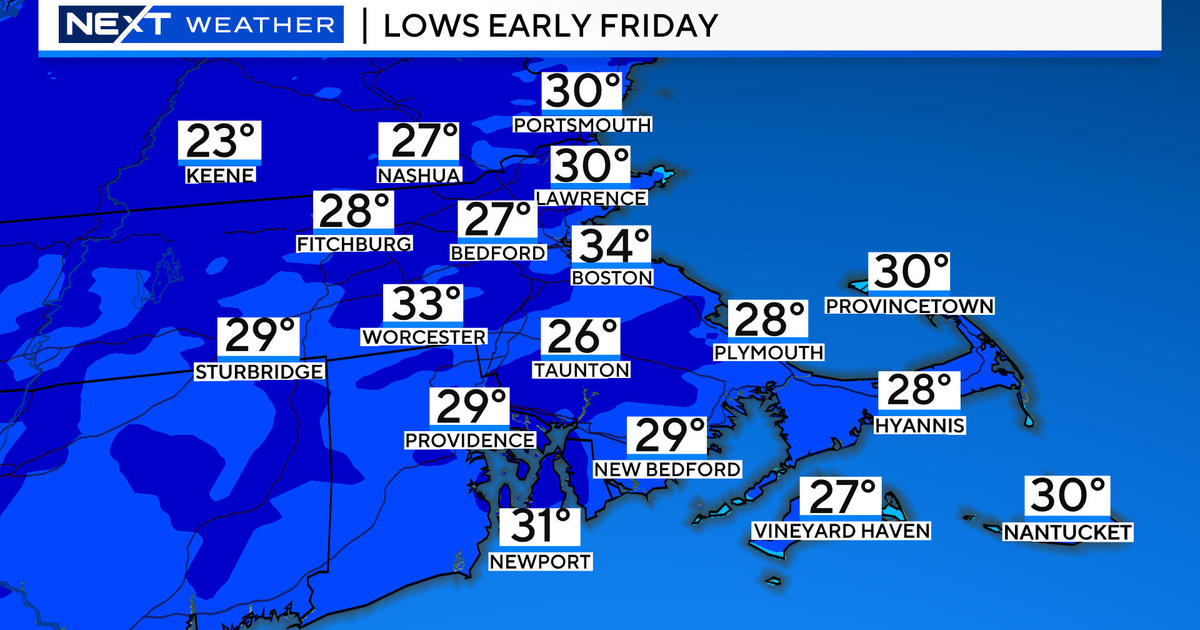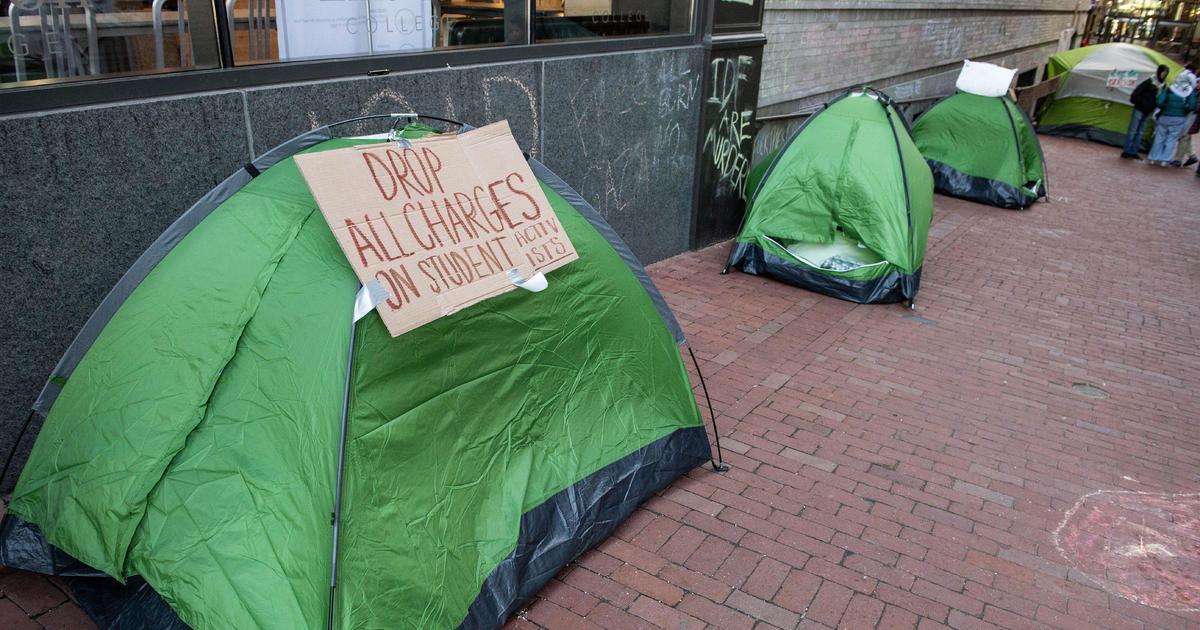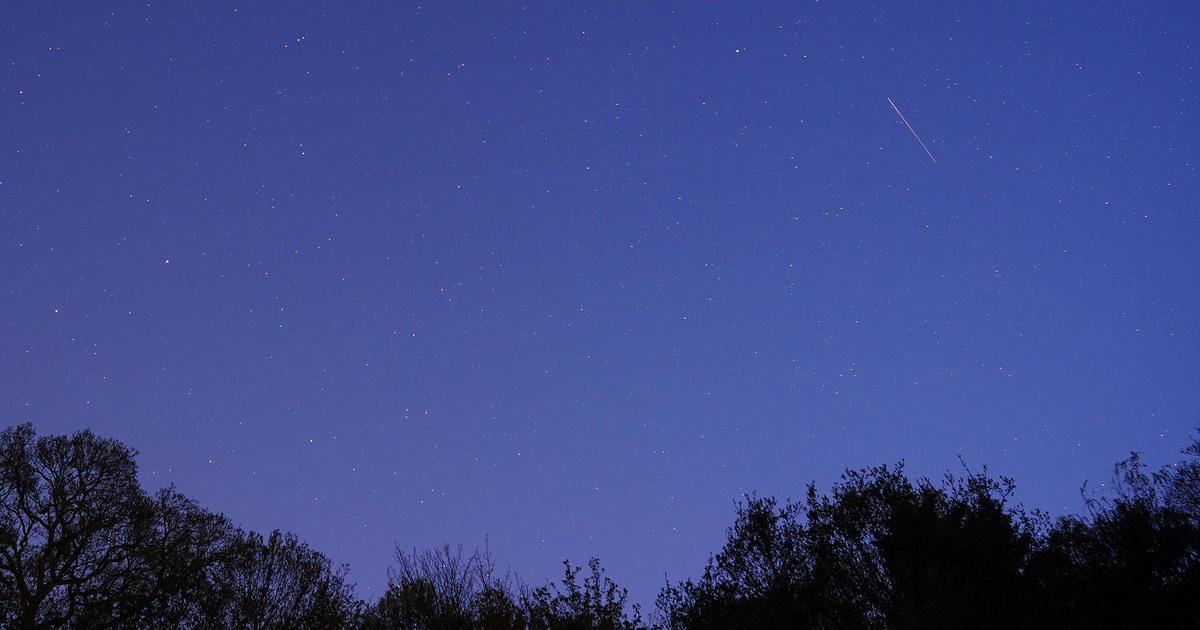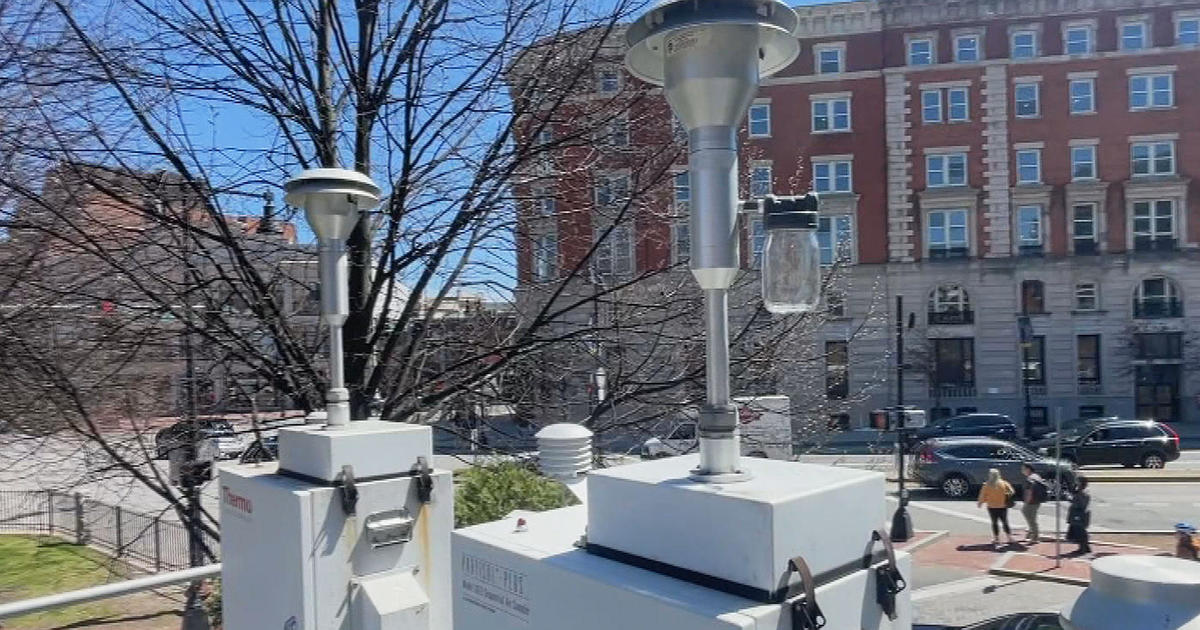Who Is Michelle Wu? Boston Elects New Mayor In Historic Race
BOSTON (CBS) -- Michelle Wu will be the next Mayor of Boston after defeating fellow city councilor Annissa Essaibi George in a historic race that ended Tuesday night.
Wu will be the first woman and first person of color elected as the city's mayor.
She will replace Kim Janey, who served as Acting Mayor for eight months after Marty Walsh became Labor Secretary for President Joe Biden earlier this year.
Wu was the clear front-runner heading into Election Day, with some polls showing her ahead of Essaibi George by as much as 30 points. She beat Essaibi George by 10,000 votes in the preliminary election and was boosted by endorsements from Janey, Senators Elizabeth Warren and Ed Markey and Rep. Ayanna Pressley.
As WBZ-TV political analyst Jon Keller put it, her victory caps a "decade's worth of skillful political organizing."
So who is the city's next mayor exactly?
Wu was born in Chicago and graduated from Harvard College and Harvard Law School. She lives in Roslindale with her husband, Conor, and her sons, Blaise and Cass.
She got her start in Boston politics working for former Mayor Tom Menino during a fellowship and then later on Warren's first campaign. She was elected to the Boston City Council in 2013.
Here's where she stands on the some of the major issues facing the next mayor:
Wu campaigned on the idea that Boston leadership needs to take bold action to fight issues with the status quo. One of her most well-known promises is to "Free the T" and create fare-free public transit across the city. She also released a city-level Green New Deal agenda to address climate change.
She's pledged a commitment to citywide carbon neutrality by 2040, using 100% renewable energy sources by 2030, and having a net-zero municipal footprint by 2024. Under her plan, all school buses would be replaced with electric buses and the number of trees on city streets will be doubled.
During Wu's first 100 days, she wants to expand outreach funding to address homelessness and drug use at Mass and Cass. She would like to expand treatment in partnership with community health centers, and address the root causes of the housing crisis.
In the first debate, Wu said buildings owned by the city would be audited to see where it could provide short-term housing for the homeless. She believes reopening the Long Island Bridge is a solution that would take too long to go into effect.
Wu wants to streamline the processes in place to create more affordable housing in the city, using city-owned land to add more units. She has also said she won't shy away from using rent control to prevent displacement if necessary.
Wu said it is a priority that the next police commissioner immediately starts working on a new police union contract. She believes police should operate under a public health-led response and there should be more accountability when it comes to the budget and misconduct.
On education, she campaigned on a promise to improve the school assignment process in the city to reflect equity. She also favors universal pre-k and vocational education, and renovating facilities.
Here is what WBZ-TV Political Analyst Jon Keller said:
What have we learned in the past year about Mayor-elect Michelle Wu? That she's methodical, disciplined, capable of envisioning and implementing a long-term plan, and won't ever be out-worked. That's the lesson of her dominating march to the mayoralty, which began against then-Mayor Marty Walsh, considered a strong bet for re-election, overcame the advantages accruing to Acting Mayor Kim Janey, and demolished Annissa Essaibi George and her base of public-employee unions and traditionally high-voting neighborhoods. In doing so, Wu realized a vision that's been more than a decade in the making with an impressive show of political skill, from grassroots organizing to her ability to defuse well-funded opposition.
But now the real work begins. Nothing can prepare someone fully for the 24/7 grind of being mayor of Boston, from the tsunami of often-tough decisions each day brings to the relentless pressure of activist groups and special interests. Wu will benefit from an unprecedented windfall of federal aid, but that is a one-time only event, and competing demands for the money will test her leadership. Progress on her signature campaign issues such as rent stabilization and free public transportation will depend on collaboration with Beacon Hill that is by no means assured. And she will be expected, as Walsh was, to keep a "Menino schedule," which means being physically present in all corners of the city from before dawn until well after dark, 24/7/365.
For all of her campaign rhetoric about "big, bold" moves and "urgency," look for the new mayor to proceed cautiously and patiently, avoiding big headlines and controversy whenever possible, and building necessary alliances within the city and region. And if you don't think there are others already eyeing a 2025 challenge to Wu, you don't know Boston politics.



